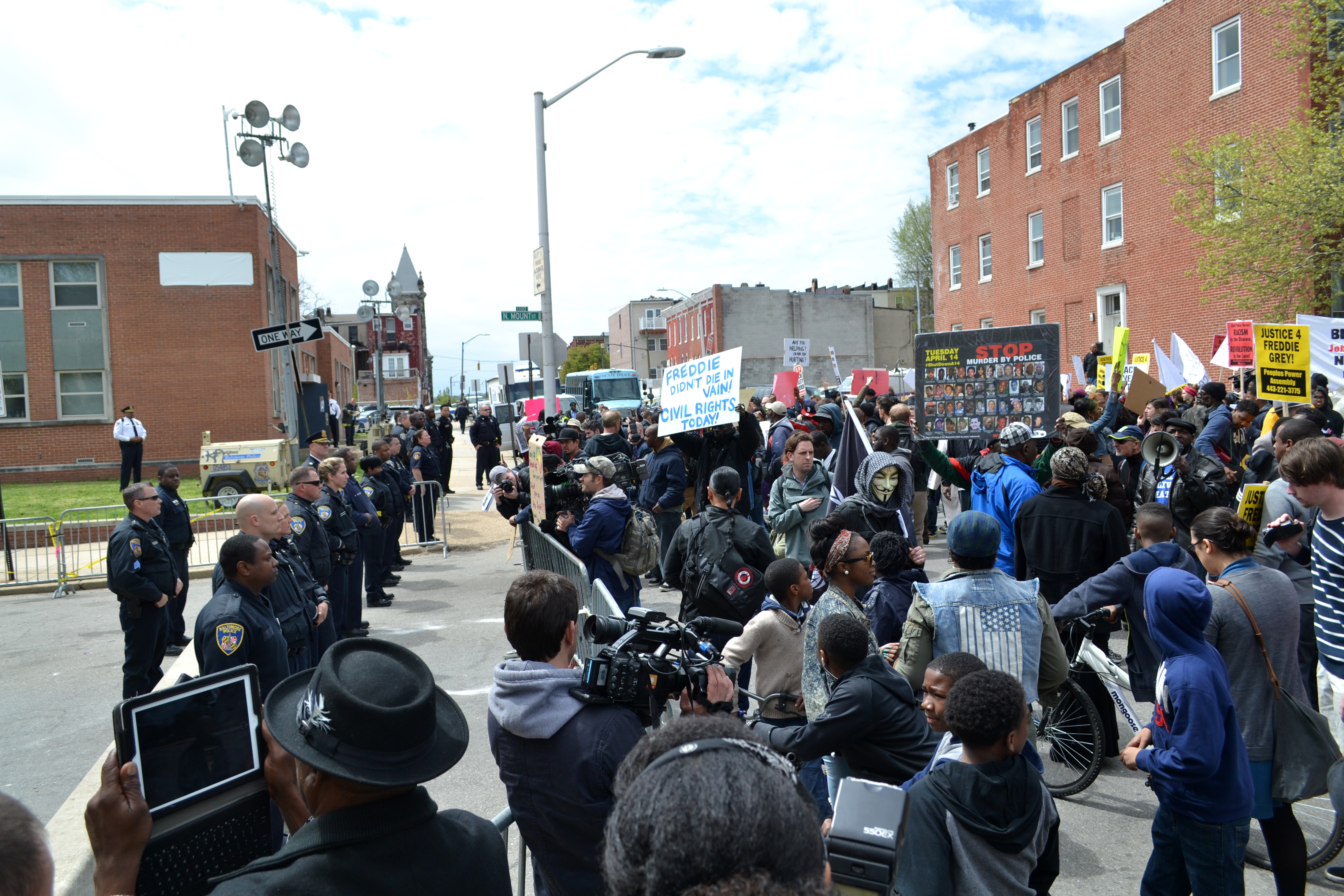
Image by Gordon Lawson and in the public domain.
Today, Memorial Day 2015, I commemorate what the United States could have been and still could be.
The participation of colonists (invaders) from abroad in the near genocide of the native peoples did not make the United States great, let alone honorable.
The bloody subjugation of the Philippines into an American colony did not make the United States great, nor were the invaders honorable.
Were the Americans who fought in WWI and WWII and Korea and Vietnam and Afghanistan and Iraq and the countless other forgotten little wars that Americans fought in the last two centuries brave? I am sure many but not all of them were. Were they fighting for their country? Most of them probably thought they were doing so. Were they actually fighting on behalf of the military-industrial complex, the powerful elite intent on pursuing its own interests with little concern for the human costs? I believe so.
Is it appropriate to honor members of the military who killed others, including innocent civilians, because they were told to do so and trained to follow orders? I believe sympathy for them and their families is more appropriate; however, I am also moved by the words of Ambrose Bierce, who fought for the Union in the U.S. Civil War, and was distressed by the insistence of northerners and southerners in the post-war decades to have two separate memorial days, honoring only their own dead: “The wretch, whate’er his life and lot/ Who does not love the harmless dead/ With all his heart and all his head— / May God forgive him, I shall not.”
But, I ask you, when will we start honoring the conscientious objectors, the war resisters, the anti-nuke activists, and all those who embrace nonviolence? When will we create a national peace memorial and a Memorial Day transmuted into a day honoring the pursuit of peace, nonviolence, and human rights?
Kathie Malley-Morrison, Professor of Psychology



